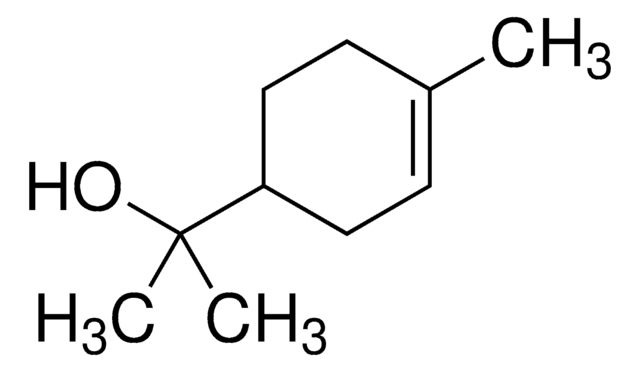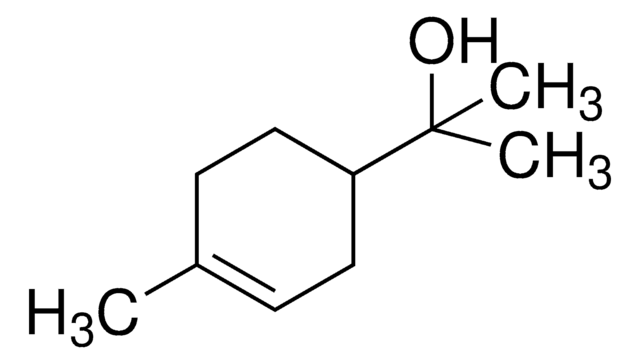349178
Copper
foil, thickness 0.25 mm, 99.98% trace metals basis
Synonym(s):
Copper sheet
Sign Into View Organizational & Contract Pricing
All Photos(1)
About This Item
Empirical Formula (Hill Notation):
Cu
CAS Number:
Molecular Weight:
63.55
EC Number:
MDL number:
UNSPSC Code:
11101604
PubChem Substance ID:
NACRES:
NA.23
Recommended Products
Quality Level
assay
99.98% trace metals basis
form
foil
resistivity
1.673 μΩ-cm, 20°C
thickness
0.25 mm
bp
2567 °C (lit.)
mp
1083.4 °C (lit.)
density
8.94 g/mL at 25 °C (lit.)
application(s)
battery manufacturing
SMILES string
[Cu]
InChI
1S/Cu
InChI key
RYGMFSIKBFXOCR-UHFFFAOYSA-N
Related Categories
General description
Copper foil with a thickness of 0.25 mm and a 99.98% trace metals basis is a top-quality product that has numerous industrial and commercial applications. It is produced using cutting-edge manufacturing processes that ensure superior quality and consistency. The foil is carefully inspected to meet the specified purity level and is free from any imperfections like scratches, dents, and tears. Copper foil is a highly versatile material that offers outstanding electrical conductivity, thermal conductivity, and corrosion resistance.
Application
Copper foil is commonly used in a variety of applications such as printed circuit boards (PCBs), electromagnetic shielding, and as a substrate in chemical vapor deposition. The 0.25 mm thickness of this foil makes it suitable for many applications, providing sufficient strength and durability while remaining easy to handle and manipulate. The 99.98% trace metals basis ensures that the copper foil is of the highest quality, with only minimal levels of impurities like lead, arsenic, and bismuth. This level of purity is critical for many industrial applications, particularly those in the electronics industry, where even small amounts of impurities can significantly impact the performance and reliability of the end product.
Quantity
50×50 mm (approximately 5.5 g)
150×150 mm (approximately 49.5 g)
150×150 mm (approximately 49.5 g)
Storage Class
13 - Non Combustible Solids
wgk_germany
WGK 2
flash_point_f
Not applicable
flash_point_c
Not applicable
ppe
Eyeshields, Gloves, type N95 (US)
Certificates of Analysis (COA)
Search for Certificates of Analysis (COA) by entering the products Lot/Batch Number. Lot and Batch Numbers can be found on a product’s label following the words ‘Lot’ or ‘Batch’.
Already Own This Product?
Find documentation for the products that you have recently purchased in the Document Library.
Customers Also Viewed
Seiko Ishida et al.
Proceedings of the National Academy of Sciences of the United States of America, 110(48), 19507-19512 (2013-11-13)
Copper is an essential trace element, the imbalances of which are associated with various pathological conditions, including cancer, albeit via largely undefined molecular and cellular mechanisms. Here we provide evidence that levels of bioavailable copper modulate tumor growth. Chronic exposure
R Squitti et al.
Neurology, 67(1), 76-82 (2006-07-13)
To assess whether serum copper in Alzheimer disease (AD) correlates with cognitive scores, beta-amyloid, and other CSF markers of neurodegeneration. The authors studied copper, ceruloplasmin, total peroxide, and antioxidants levels (TRAP) in serum; beta-amyloid in plasma; and copper, beta-amyloid, h-tau
Magnus Andersson et al.
Nature structural & molecular biology, 21(1), 43-48 (2013-12-10)
Heavy metals in cells are typically regulated by PIB-type ATPases. The first structure of the class, a Cu(+)-ATPase from Legionella pneumophila (LpCopA), outlined a copper transport pathway across the membrane, which was inferred to be occluded. Here we show by
Hiroshi Sato et al.
Science (New York, N.Y.), 343(6167), 167-170 (2013-12-18)
Carbon monoxide (CO) produced in many large-scale industrial oxidation processes is difficult to separate from nitrogen (N2), and afterward, CO is further oxidized to carbon dioxide. Here, we report a soft nanoporous crystalline material that selectively adsorbs CO with adaptable
Stephen G Kaler et al.
The New England journal of medicine, 358(6), 605-614 (2008-02-08)
Menkes disease is a fatal neurodegenerative disorder of infancy caused by diverse mutations in a copper-transport gene, ATP7A. Early treatment with copper injections may prevent death and illness, but presymptomatic detection is hindered by the inadequate sensitivity and specificity of
Our team of scientists has experience in all areas of research including Life Science, Material Science, Chemical Synthesis, Chromatography, Analytical and many others.
Contact Technical Service

